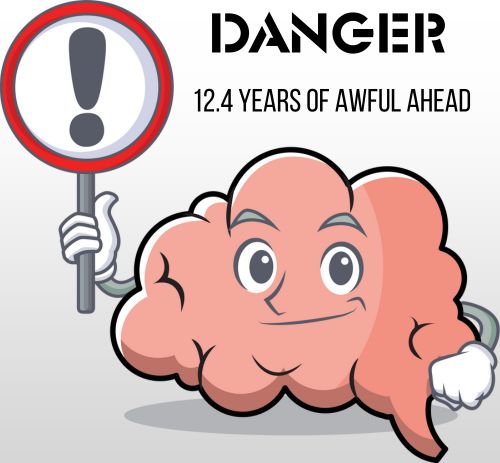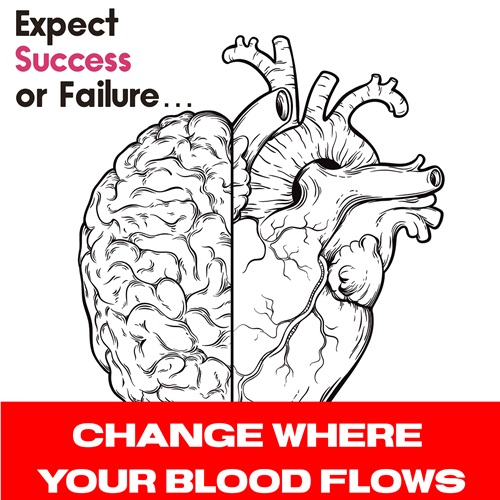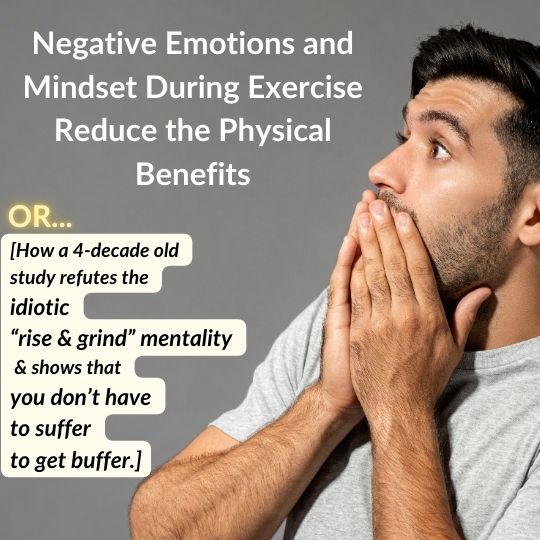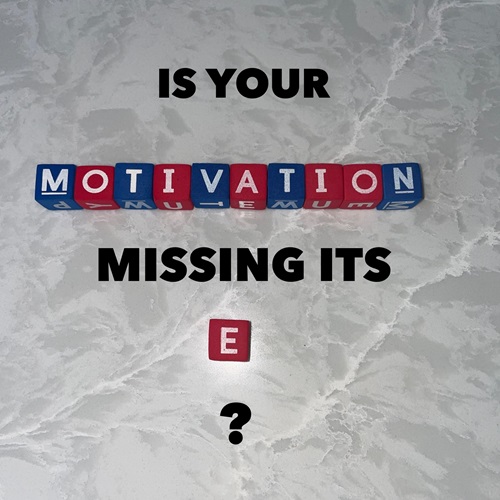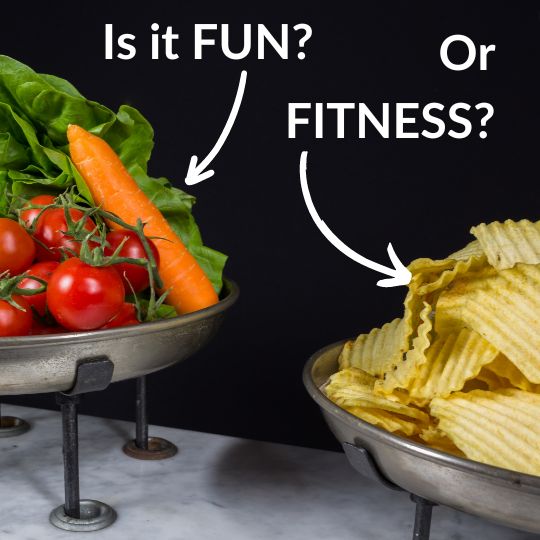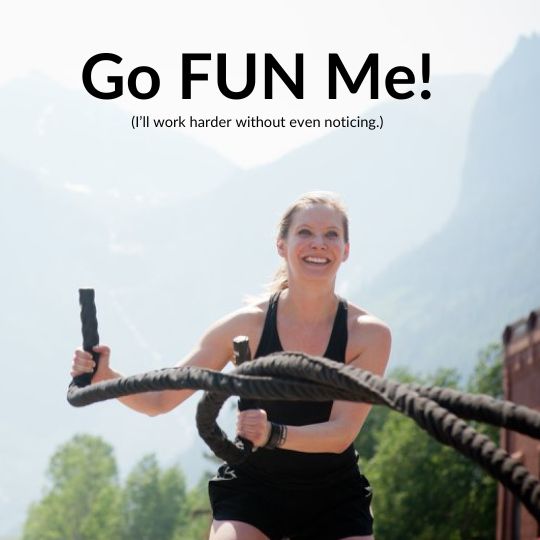Don’t bother with longevity hacks unless you take care of your social and emotional health. Those factors can supersede health behavior. Remember to bring a sense of connection and enjoyment to physical activity and meal time.
12.4 Extra Years of Awful
We are getting better and better at stopping death, but not at enhancing life. The gap between lifespan and healthspan has now grown to 12.4 years.
Mindset and Blood Flow
When challenged, your body either sends blood to your brain and muscles for action or keeps it in the chest for defeat. How you think and feel about meeting a challenge is what makes the difference.
Your Mood State Makes Your Workout Work (or Not)
Emotional state during exercise can affect benefits from it. Instead of embracing this four decades old discovery, the idiotic “rise & grind” culture of fitness where you must suffer to be buffer is doing no one any favors.
Of Course There’s No Time to Exercise
We need fun. Desperately. We invent endless time and money sucking stuff like gender reveal parties, promposals, and smash cakes while lamenting the lack of time to exercise. Ideas to add fun to fitness instead of creating more nonsense that keeps us from it.
Roth Kicks!
Making fitness fun can be as simple as adding a single move from your favorite band. Or we can keep making it monumentally hard. Adding “Roth Kicks” to my workout adds a dash of fun.
The Missing ‘e’ in Motivation
When it comes to fitness, motivation is often missing the ‘e’ it needs to be successful. When motivation is lacking, you will also find a lack of emotion.
Is it Fun or Fitness? (How you frame it affects you)
How you frame your activity can affect the quantity and quality of food you eat after and how hard you perceive it to be. Hint: framing it as fun makes things better for you.
Go Fun Yourself (or someone you know)
When your exercise is fun, you automatically work harder (without anyone forcing you to). We’ve always known this to be true intuitively, but now research shows it.
May Fun Forever Light Your Way to Fitness
Let’s stop forcibly cramming so much “fun” into every life event (holidays, births, weddings, pets) that life no longer is fun. Let fun movement be an essential part of your life.


